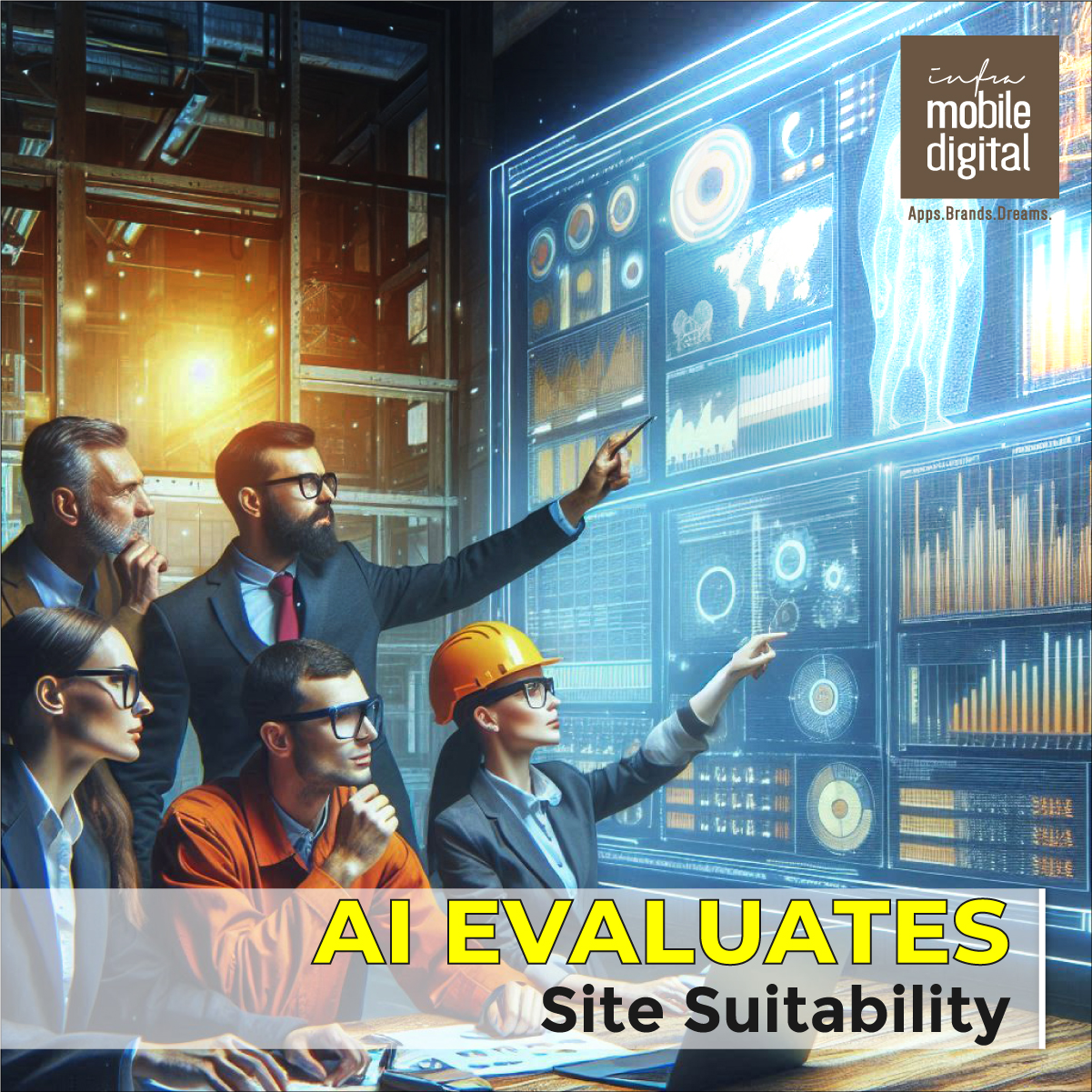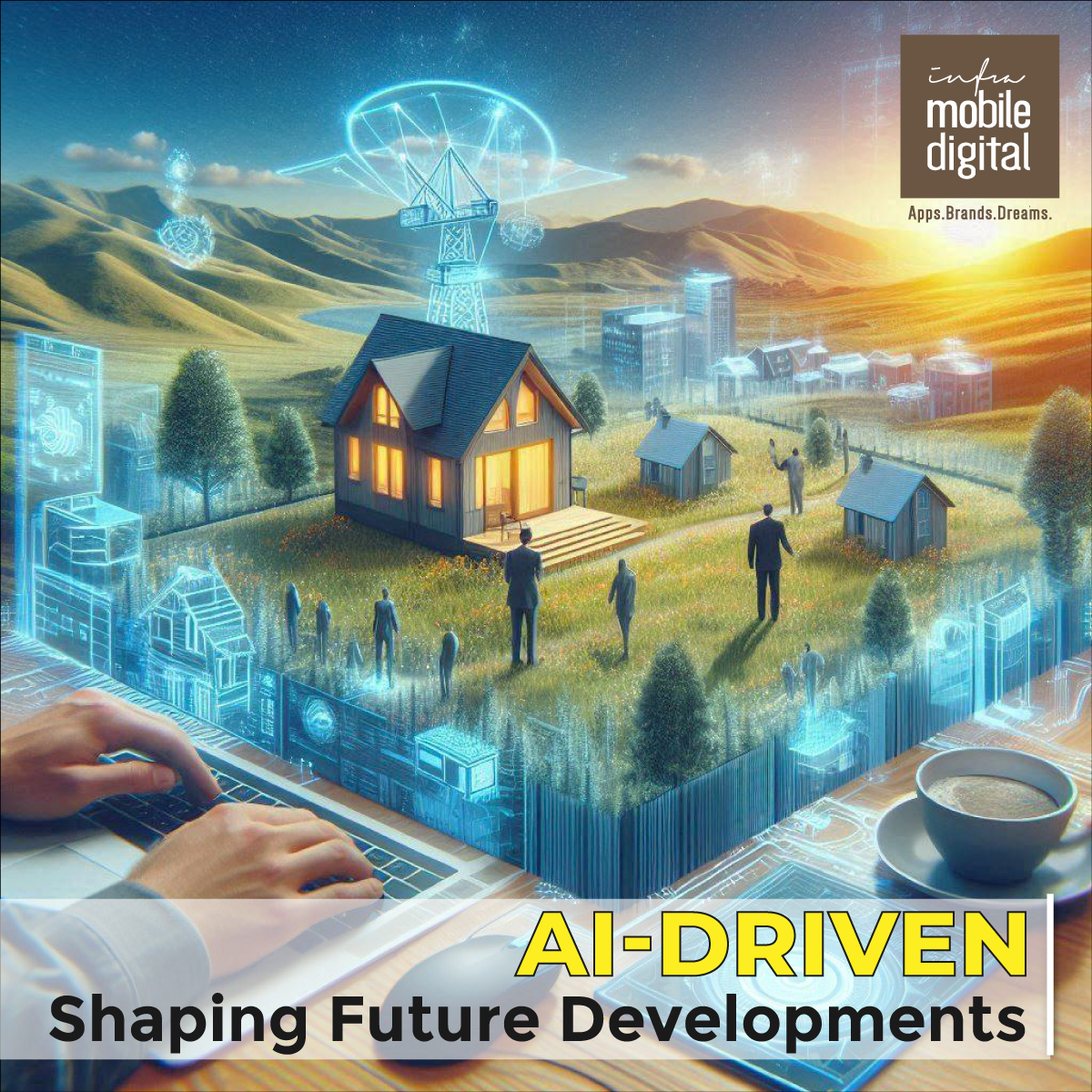
How AI Helps Land Selection in Property Development
In the dynamic world of property development, making informed decisions about market trends and site selection is crucial for success. Artificial Intelligence (AI) has emerged as a powerful tool that is revolutionizing these processes. By leveraging AI, developers can analyze vast amounts of data, uncover market trends, and identify the best sites for development. This article explores how AI helps in analyzing market trends and selecting prime development sites based on previous project records and public data.
The Power of AI in Analyzing Market Trends
AI‘s ability to process and analyze large datasets swiftly and accurately makes it indispensable for market analysis. Traditional methods of market analysis often involve manual research and are prone to human error. AI, however, can analyze historical sales data, economic indicators, demographic trends, and social media activity to predict future market conditions with high precision.
For example, AI algorithms can identify patterns and correlations in data that may not be immediately apparent to human analysts. This predictive capability allows developers to anticipate market shifts, recognize emerging opportunities, and make strategic decisions about where to invest. Moreover, AI can provide real-time updates on market conditions, ensuring that developers are always working with the most current information.

Utilizing Previous Project Records
One of the significant advantages of AI in property development is its ability to learn from previous project records. By analyzing data from past projects, AI can generate valuable insights that guide future decisions. This includes understanding what factors contributed to the success or failure of previous developments and identifying trends that can inform future projects.
For instance, if a developer has a portfolio of successful residential projects in urban areas, AI can analyze the common factors across these projects—such as proximity to schools, public transportation, and commercial centers. By understanding these success factors, developers can replicate them in future projects, increasing the likelihood of success.
Moreover, AI can analyze customer feedback and sales data from previous projects to identify preferences and trends. This can help developers tailor their new projects to meet market demand more effectively. For example, if previous projects show a high demand for eco-friendly homes with smart technology, developers can incorporate these features into new developments to attract buyers.
Leveraging Public Data for Site Selection
In addition to analyzing internal data, AI can leverage public data to inform site selection. Publicly available datasets, such as census data, transportation maps, environmental reports, and social media activity, can provide valuable insights into the suitability of potential development sites.
AI-powered tools can evaluate various factors, such as proximity to infrastructure, environmental conditions, land use patterns, and socio-economic factors like population density, income levels, and employment rates. By analyzing this data, AI can identify the most promising locations for development.
For example, AI can use satellite imagery and geospatial data to monitor land use changes, detect new construction projects, and assess environmental risks. Companies like Orbital Insight and SpaceKnow employ AI to provide developers with insights into land use and development patterns. These tools can help developers identify prime locations for their next projects and make data-driven decisions about land acquisition.

Case Study: AI in Action
Consider a property development firm that used AI to analyze data from its previous projects and public sources. The AI identified a trend among buyers who preferred suburban areas with good schools, low crime rates, and access to public transportation. By focusing on these factors, the firm successfully launched a new residential project in a suburban area, resulting in higher sales and customer satisfaction.
Additionally, the AI provided real-time feedback on market conditions, allowing the firm to adjust its marketing strategies and pricing models dynamically. This agile approach, powered by AI insights, ensured that the project met market demands effectively and efficiently.
The Future of AI in Property Development
As AI technology continues to evolve, its applications in property development will become even more advanced. Future developments may include more sophisticated predictive analytics, enhanced geospatial analysis capabilities, and deeper customer insights. By embracing AI, property developers can stay ahead of the competition, optimize their decision-making processes, and maximize their return on investment.
For more insights into how AI is transforming property development and to stay updated on the latest AI trends, visit IMD’s blog and chat with us for personalized advice and information. Check it out here!
![]()
